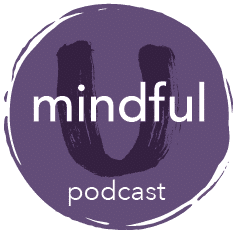
Sara Lewis, PhD, LCSW



Dr. Sara Lewis is Associate Professor of Buddhism-Informed Contemplative Counseling at Naropa University, where she also serves as Director of Training and Research for Psychedelic Studies. She is trained as a medical anthropologist and psychotherapist and her work centers on mental health, religion and culture with a focus on trauma and non-ordinary states. Her book Spacious Minds: Trauma and Resilience in Tibetan Buddhism (Cornell Univ. Press, 2019) investigates how Buddhist concepts of mind shape traumatic memory and pathways to resilience. Her work has been supported by Fulbright, the Mellon Foundation and the Mind and Life Institute. Dr. Lewis has also published research on psychedelics and spiritual emergencies. In addition to her teaching and research, Dr. Lewis is a psychotherapist in private practice.